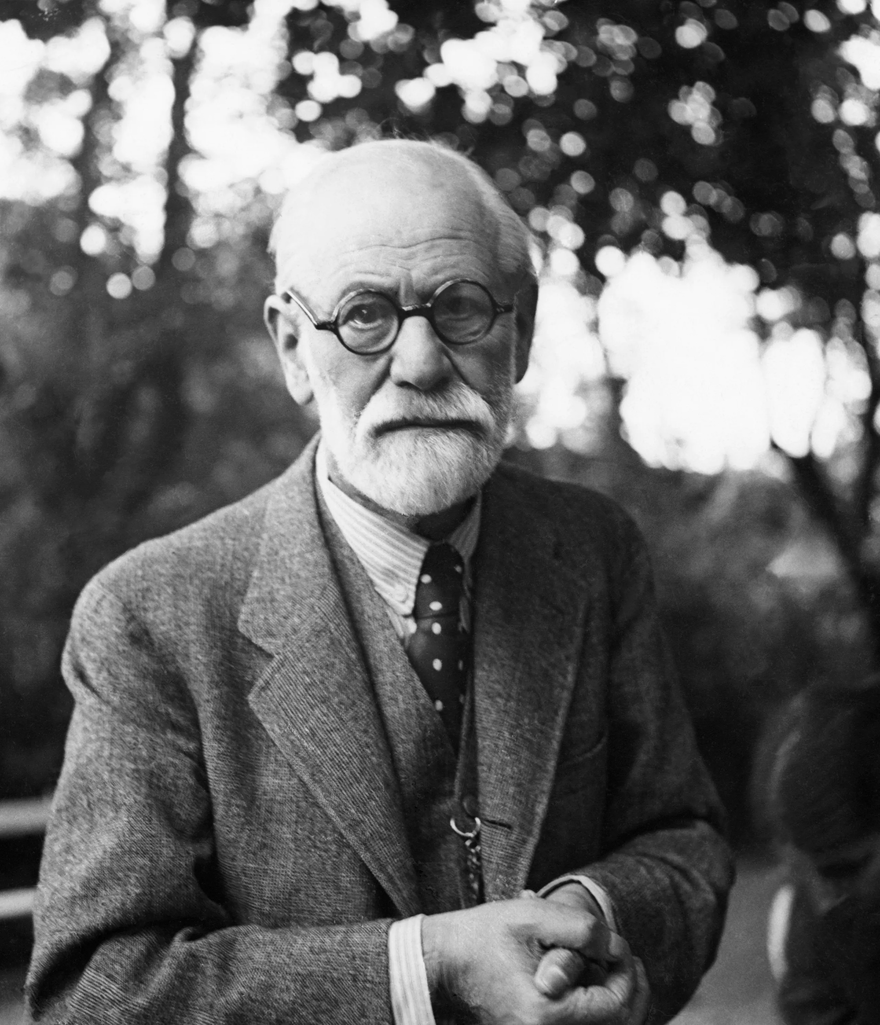What Did Freud Discover about Hypnosis?

Sigmund Freud, the founder of psychoanalysis, had a complex and evolving relationship with hypnosis throughout his career. While he initially trained in hypnosis and used it extensively in his early work, he later abandoned it in favour of his own psychoanalytic techniques. Nevertheless, Freud made several important discoveries and observations about hypnosis that continue to influence our understanding of this phenomenon today. 🧠
Here are some of the key things that Freud discovered about hypnosis:
Hypnosis as a tool for accessing the unconscious: Freud initially saw hypnosis as a valuable tool for accessing the unconscious mind and uncovering repressed memories and emotions. He believed that hypnosis could help patients overcome resistance and express thoughts and feelings that were not accessible to conscious awareness.
The role of suggestion in hypnosis: Freud recognised the power of suggestion in shaping the experience and behaviour of hypnotised individuals. He observed that hypnotised patients were highly responsive to the suggestions of the hypnotist and that these suggestions could influence not only their thoughts and feelings but also their physical sensations and behaviours.
The limitations of hypnosis: Despite his initial enthusiasm for hypnosis, Freud eventually became disillusioned with its limitations as a therapeutic tool. He found that not all patients were equally responsive to hypnosis and that the effects of hypnosis were often temporary or superficial. He also worried that hypnosis could be used to manipulate or exploit patients and that it did not address the underlying causes of their symptoms.
The development of free association: Freud's experiences with hypnosis led him to develop his own technique of free association, which he saw as a more effective and ethical way of accessing the unconscious mind. In free association, patients are encouraged to speak freely and without censorship, allowing their thoughts and feelings to emerge spontaneously. Freud believed that this technique could help patients overcome resistance and gain insight into their own minds.
The legacy of Freud's work on hypnosis: While Freud ultimately abandoned hypnosis in favour of psychoanalysis, his early work on hypnosis had a lasting impact on the field. Many of the concepts and techniques that he developed, such as the use of suggestion and the exploration of the unconscious mind, continue to be used in modern hypnotherapy and psychotherapy.
Freud's discoveries about hypnosis reflect both the potential and the limitations of this fascinating phenomenon. By understanding the historical and theoretical context of Freud's work, individuals can approach hypnosis with a more informed and critical perspective and can appreciate the ongoing relevance of his ideas for contemporary research and practice. 🌟 #FreudAndHypnosis UnconsciousMindAndHypnosiss #LegacyOfPsychoanalysis #pobinsider


0 comments
Leave a comment
Please log in or register to post a comment